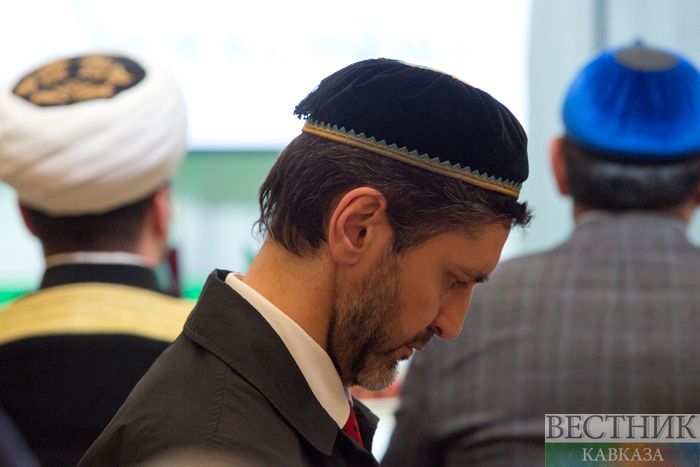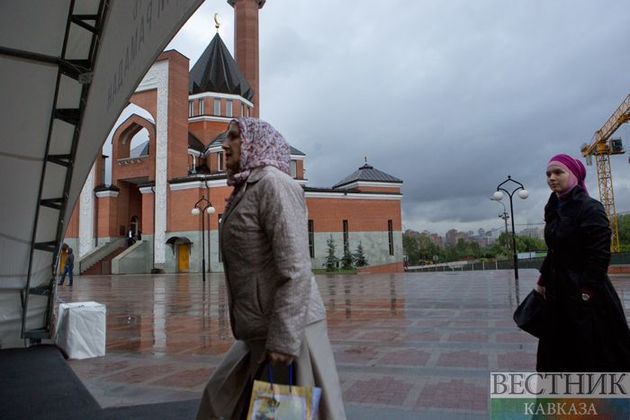This year celebrations for the end of the Muslim fasting month of Ramadan will be muted as lockdowns remain in place for many countries and the risk of new waves of coronavirus remains high. TRT World reports in its article What you need to know about Eid al fitr 2020 that with Eid less than a fortnight away, many Muslims across the world are getting used to the idea that this year’s celebration will be unlike any other, and not in a good way.
The coronavirus pandemic has brought normal life to a standstill, including religious practice, with communal prayers and nightly Ramadan prayers impacted by the restrictions brought in to stifle the spread of the pandemic.
Eid al-fitr, one of Islam’s two major religious holidays, is also certain to be affected by the pandemic, as even those countries that have been relatively successful in combating the virus seek to keep the risk of further contagion contained.

Eid al Fitr, meaning ‘Festival of Breaking the Fast’, celebrates the end of the holy month of Ramadan. Eid is announced at the beginning of the tenth month of the Islamic calendar called Shawwal, which follows the month of Ramadan. The sighting of the moon is therefore important in announcing the start of a new lunar month. This year’s celebration is set to start on the evening of Saturday 23rd May but may differ due to the methodology involved in moonsighting.
The coronavirus pandemic has disrupted ordinary life, especially social interactions. Eid is normally a festival that involves large meals with extended families and visits to the houses of relatives and friends. There is little doubt therefore that even in places where lockdowns are relatively lax, people will have to avoid making unnecessary trips and avoid getting too close to people.
It is likely many countries will cancel the communal Eid prayer and those that do decide to proceed will have to make sure social distancing measures are enforced. That means keeping a two-metere gap between the person next to you during the prayer. Some countries, such as Iran and Pakistan, have allowed the resumption of communal prayers as long as they take social distancing measures into account.






